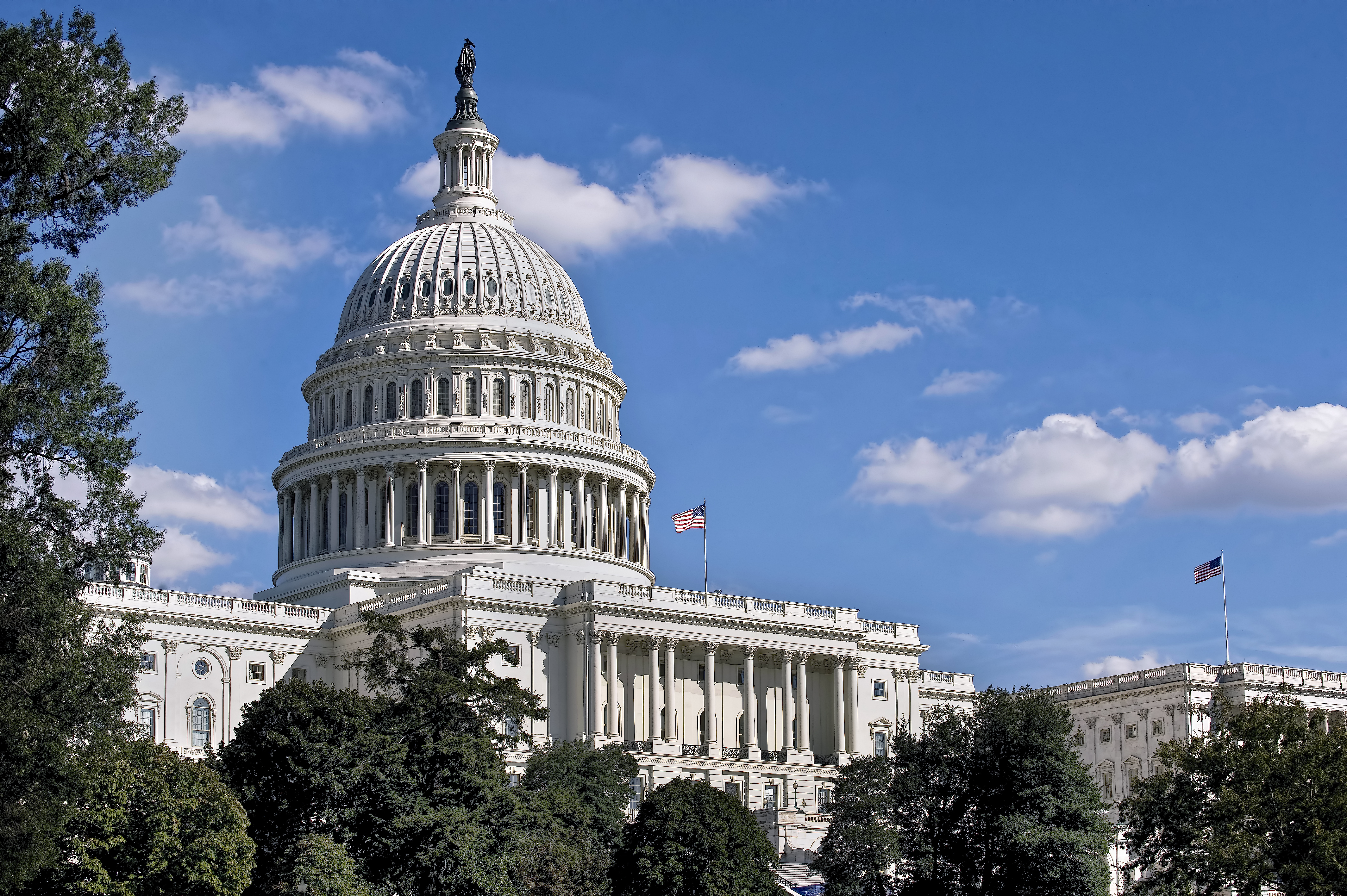1031 Exchanges Survive House GOP Tax Plan

Republican members of the House Ways and Means Committee have unveiled their long-awaited proposed tax bill, the Tax Cuts and Jobs Act (H.R. 1), and to the to the relief of many in the non-traded direct investment space and commercial real estate industry, Section 1031 exchanges related to real estate were absent from the chopping block.
Section 1031 of the Internal Revenue Code allows investors to defer paying capital gains taxes on investment property sales by reinvesting the proceeds into a similar investment property within a specified time frame. Securitized 1031 exchange programs are structured as securities and sold through the broker-dealer community.
Delaware statutory trusts are currently the industry favorite, as the more onerous and complex tenant-in-common exchanges that were popular in the mid-2000s have since fallen out of favor.
“H.R. 1, the Tax Cuts and Jobs Act, reflects the importance that commercial real estate plays in the United States economy and the job multiplying effects of the real estate industry,” said Tony Chereso, president and CEO of the Investment Program Association. “H.R. 1 retains section 1031 like-kind exchanges for real property, excludes real estate from immediate expensing and provides an industry-based exclusion from the net interest expense limitation.”
He added, “We agree that the Tax Cuts and Jobs Act should encourage investment and reinvestment in U.S. assets and ensure the best use of real estate. Going forward, businesses and entrepreneurs can continue to confidently invest in commercial real estate, which strengthens our economy and grows local communities.”
Industry groups such as the Investment Program Association and Alternative & Direct Investment Securities Association have been actively lobbying members of Congress over the last few years to save 1031 exchanges.
“Industry lobbying has been effective in creating greater congressional awareness of the many benefits of section 1031, including substantial job production, forced savings, and the laudable goal of encouraging exchanges that result in property being used for its highest and best use,” said Louis Rogers, founder and chief executive officer of Capital Square 1031.
The Tax Cuts and Jobs Act must still be approved by the House of Representatives and the Senate before being signed into law by President Donald Trump, but as it stands, section 1031 exchanges will continue to allow taxpayers to defer capital gains taxes as they have done for nearly 100 years.
The DI Wire recently reported that securitized 1031 programs are on pace to raise $1.80 billion this year.